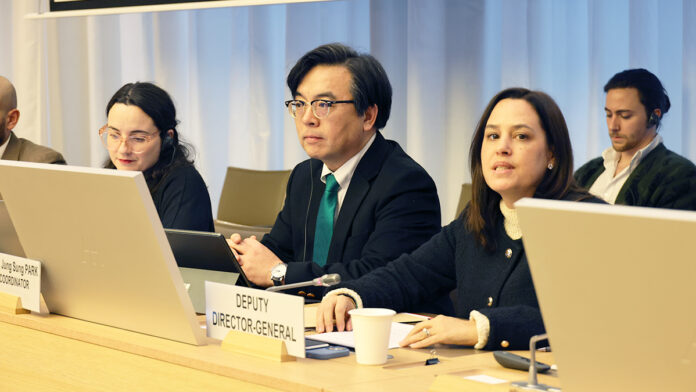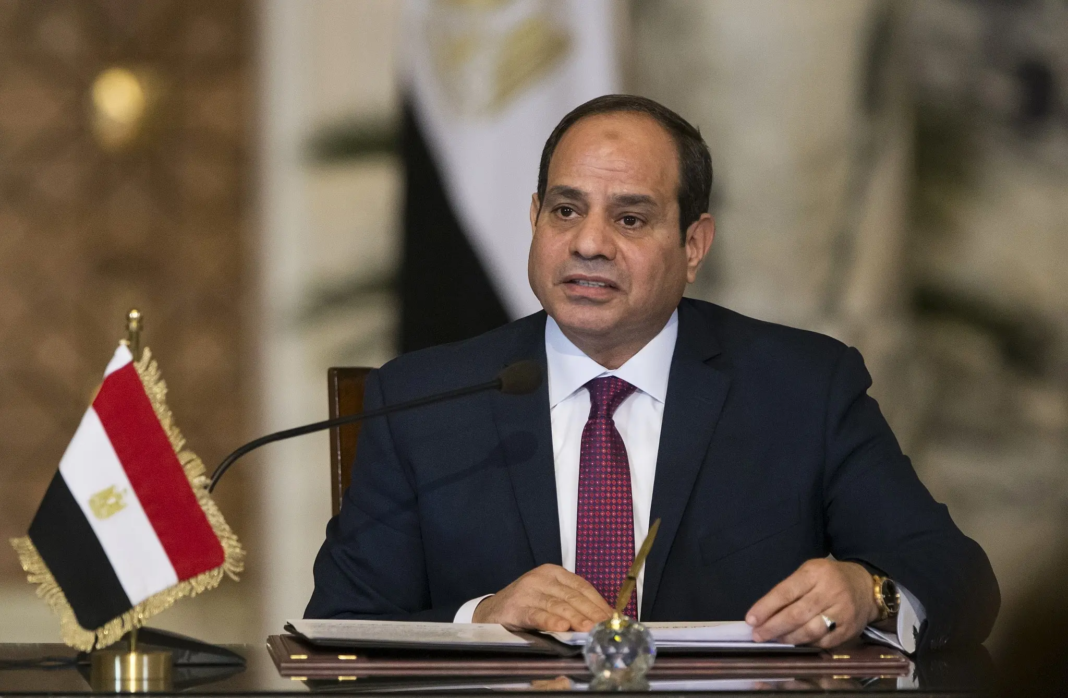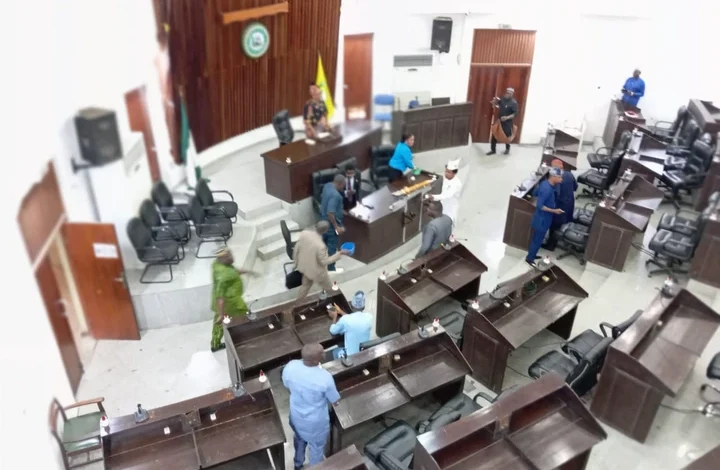Geneva, January 23, 2024 | World Trade Organization (WTO) Deputy Director-General Johanna Hill inaugurated a webinar on January 22, shedding light on the significant advantages of the Investment Facilitation for Development (IFD) Agreement. The event, organized by Ambassador Sofía Boza of Chile and Ambassador Jung Sung Park of the Republic of Korea, gathered experts, academics, and representatives of leading international organizations to discuss the implications and anticipated benefits of the IFD Agreement.
In her opening remarks, DDG Hill highlighted the inclusive nature of the IFD negotiations, emphasizing that the Agreement has garnered support from nearly 120 participating members worldwide, including 23 least-developed country (LDC) members. The negotiations, spanning over six years, focused on transparency and efficiency in investment regulations rather than traditional market access concessions, making it distinct from other WTO agreements.
DDG Hill underscored that the IFD Agreement aims to enhance the attractiveness of economies to both foreign and national investors by improving transparency and accountability in investment procedures. Notably, the Agreement includes provisions addressing responsible business conduct and measures against corruption, aligning with the broader goal of fostering sustainable development.
In a context marked by economic challenges and crises, DDG Hill positioned the IFD Agreement as a crucial instrument for many developing economies striving to anchor and stimulate their growth. Citing data from the United Nations Conference on Trade and Development, she pointed out that the investment gap in 2023 had surged to USD 4 trillion, while foreign direct investment (FDI) flows to developing countries experienced a 9% decline in the same year.
Highlighting the developmental aspect of the IFD Agreement, DDG Hill stressed its comprehensive special and differential treatment (S&DT) provisions, modeled on the WTO Trade Facilitation Agreement. These provisions enable developing and LDC members to implement the IFD Agreement at their own pace, with the stipulation that assistance and support for capacity building should be provided.
Research conducted by the German Institute of Development and Sustainability, as mentioned by DDG Hill, indicates that the IFD Agreement has the potential to generate substantial global welfare gains, with the highest gains accruing to low- and middle-income countries.
However, DDG Hill emphasized the necessity of properly identifying the needs of developing countries to realize these benefits. She urged participants, particularly donors, to contribute to needs assessments, underlining the pivotal role they play in assisting developing and LDC members in identifying and assessing their technical assistance and capacity-building needs and priorities. The successful realization of the IFD Agreement’s potential, she concluded, relies on a collaborative effort to meet the unique requirements of each participating nation.




